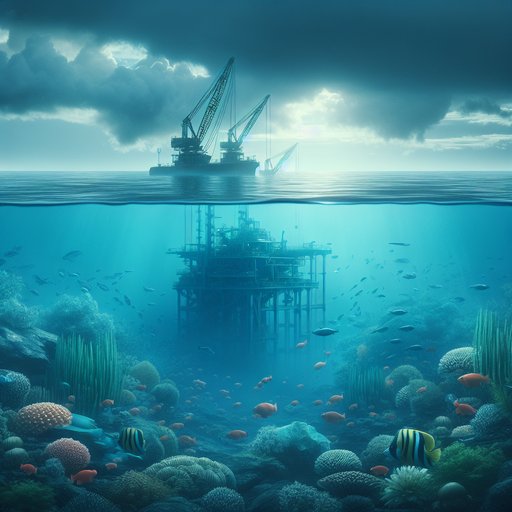- Details
- Written by: Bob Fratenni

The latest skirmish in the climate narrative war arrives with a headline that demands attention: “Get the Facts Straight, The Independent, Island Nations Are Growing, Not ‘Sinking Into the Sea’.” The claim, amplified by a skeptical outlet, insists that some islands are expanding rather than vanishing beneath the waves [2]. Another piece touts a new study reporting that sea level rise is slower than alarmists allege [1]. Set aside the tribal reflex to cheer or jeer; as an anthropologist of human–environment systems, I care less about scoring points and more about how our stories channel resources. If we fixate on a binary—sinking versus growing—we neglect the more immediate, human-made flood that swamps shorelines and stomachs alike: the torrent of throwaway plastic and the political economy that keeps it flowing. The better question isn’t whether islands are “safe,” but whether our cultures are willing to update the rules of reciprocity in a disposable age.
- Details
- Written by: Bob Fratenni

Each time political violence strikes, the first instinct is outrage. The murder of a public figure, whether one agrees with their views or not, shocks because it is a direct assault on the idea that words and persuasion should govern political life. Yet the real danger is rarely limited to the act itself. The greater risk lies in what follows: the wave of anger, the collective blaming of entire groups, and the temptation to turn a crime into a new rallying cry for one side against the other.
- Details
- Written by: Bob Fratenni

American Samoa has said no to deep-sea mining, but the Trump administration might do it anyway—a collision of local consent and imperial habit that lays bare how modern extractive appetites treat oceans as sacrifice zones [2]. The Pacific’s once-united front on climate action is itself splintering over deep-sea mining, signaling a political riptide that powerful actors are eager to ride [1][5]. Meanwhile, new deep-ocean facilities and feasibility studies elsewhere feed a narrative of inevitability: dig because we can, and because someone else will if we don’t [3][6]. When a river turns toxic, it is a mirror held up to our consumption habits; the seabed is simply the next mirror, darker and deeper. The question now is whether outrage can harden into regulation and restorative justice before silence descends on ecosystems we barely understand.
- Details
- Written by: Bob Fratenni

India mulling a low orbit satellite constellation for broadband services is more than a telecom story; it is a choice about what kind of society its signals will scaffold [6]. As an anthropologist, I read infrastructure as policy written in steel, spectrum, and shadows. Heat kills democratically, but policy often shields the wealthy first; red-lined neighborhoods map onto asphalt islands, and history bakes into concrete. If India’s constellation simply accelerates commerce without cooling the commons, it will beam inequality as efficiently as bandwidth. This moment invites a harder question: can a sky full of satellites lift the most heat-exposed streets, or will it only polish the penthouse? The answer will be decided not in orbit but in the algorithms, tariffs, and public obligations attached to every packet that crosses the night.










































